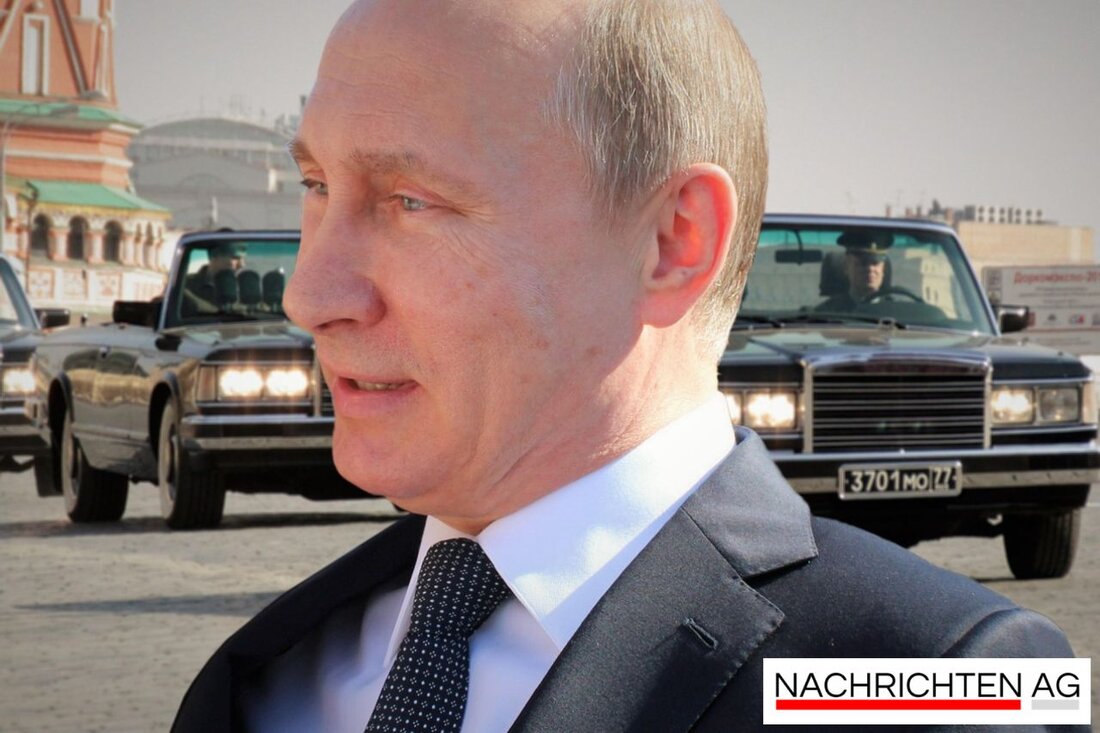Surveillance in the district council: Sorry for fascism editions!
Surveillance in the district council: Sorry for fascism editions!
Dieburg, Deutschland - In the Darmstadt-Dieburg district council, there is a lot of discussion. On the occasion of the 80th anniversary of the end of the Second World War, the politician Werner Bischoff, who was without a political group, brought an application to claim the apology of the district council for the atrocities of German fascism in Russia. These statements caused a remarkable excitement in parliament, as op-online.de. .
Bishop's criticisms of supposed "Russophobia" and the "agitation against the Russian President" Vladimir Putin were particularly explosive. According to his statements, Russia is "not the sole aggressor" in the current Ukraine conflict. He also sees responsibility for the tense conditions in the politics of the West and in particular in the NATO east expansion, which he identifies as one of the central points of issue. It becomes clear which heated political climate is here.
protests in the district council
Die Reaktionen auf Bischoffs Antrag waren deutlich: Die Grüne Fraktion sowie einige Abgeordnete verließen empört den Sitzungssaal. District Administrator Klaus Peter Schellhaas from the SPD also joined the protest and withdrew from the discussion. A remarkable step, because there was no counter -speech on the part of the parliamentarians, which only reinforced the controversy around Bischoff's views.
Such an application raises questions and is not without historical implications. Historians emphasize that NATO east expansion has been seen by Russia as a violation of previous agreements since its first phase in the late 1990s. In this way, Putin recognizes the self-proclaimed folk republics of Luhansk and Donetsk and attributes this to security interests and the NATO east extension, such as Deutschlandfunk ".
can be returned to historical development, the conflict about NATO east expansion can be traced back to the 1990s. On September 12, 1990, the two-plus four-in-house contract was signed, which regulated Germany's reunification. This later led to the NATO east extension, which was reflected in the 1997 NATO Russia basic file. Historians explain that the then Russian leadership under Boris Jelzin was initially skeptical of an expansion of NATO, but ultimately received approval for a partnership, which, however, suffered from increasing tensions, especially after the annexation of the Crimea in 2014. correction has pointed out that Russia has been more and more critical of the NATO activities since then. The district council is a reflection of the conflicting perspectives on the role of Russia and the geopolitical challenges that have arisen from the NATO east extension. Bischoff's application could be seen as an attempt to influence the public perception of this complex topic, even if it comes across broad resistance. historical backgrounds
| Details | |
|---|---|
| Ort | Dieburg, Deutschland |
| Quellen | |


Kommentare (0)